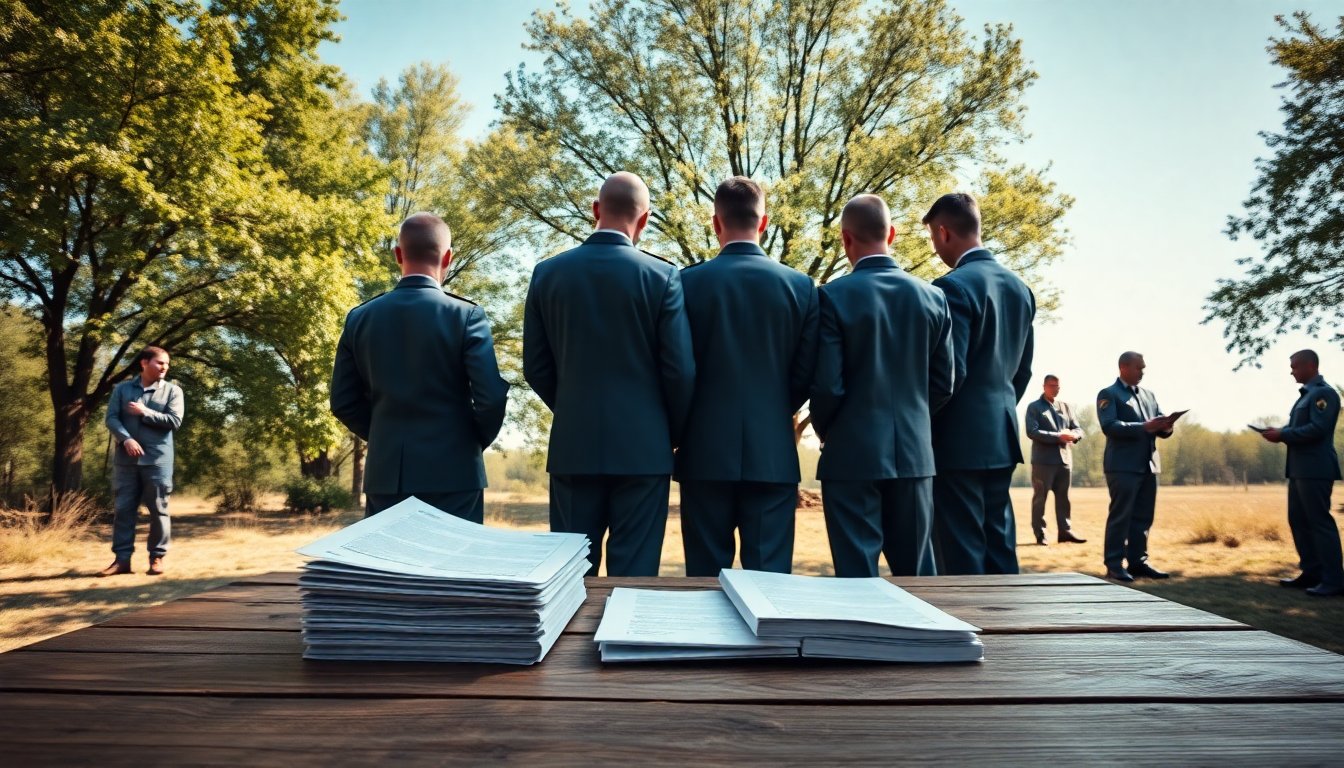Table of Contents
In a significant legal battle, a group of seventeen transgender air force members has initiated action against the federal government following the abrupt cancellation of their retirement benefits. These service members, who dedicated between 15 to 18 years to the U.S. Air Force, were discharged under the controversial transgender ban enforced during the Trump administration. The decision to revoke their pensions and benefits has resulted in substantial financial losses for them.
The lawsuit, filed on a recent Monday, arises from a policy shift enacted by the Air Force in August. This new directive denied the option for those who served long enough to retire early and claim benefits, effectively reversing an earlier agreement. The plaintiffs now face potential lifetime losses exceeding $2 million in retirement funds, in addition to the loss of essential health insurance coverage, as reported by GLAD Law, an advocacy organization that supported the lawsuit.
Details of the lawsuit
The plaintiffs contend that the revocation of their retirement benefits reflects a broader trend of systemic hostility towards transgender individuals. Michael Haley, a staff attorney from GLAD Law, emphasized that this situation represents a cruel approach aimed at undermining transgender service members. Many individuals involved had received prior authorization to proceed with their retirement, and some had initiated the process of transitioning out of the military before the policy change.
Personal accounts of affected members
Among those participating in the lawsuit is a master sergeant with over 15 years of service, including a deployment to Afghanistan. This sergeant expressed frustration over the sudden denial of retirement benefits, stating, “The military trained me to lead and take action, not to retreat.” Such sentiments underscore the emotional toll of the policy changes on dedicated service members who believed they were taking the next step in their lives.
Another plaintiff, Logan Ireland, articulated the profound impact of these changes, saying, “Stripping away my retirement sends the message that the values we uphold on the battlefield don’t extend to personal wellbeing.” This statement highlights the stark contrast between the military’s promoted values of loyalty and sacrifice and the reality faced by these service members.
Ongoing challenges and implications
This lawsuit is part of a series of recent legal challenges aimed at combating policies that have sought to exclude transgender individuals from military service. Earlier this year, the U.S. Supreme Court allowed the enforcement of the ban on transgender troops to continue while legal reviews are underway. This ongoing litigation underscores the contentious atmosphere surrounding transgender rights within the armed forces.
Moreover, figures such as President Donald Trump and Pentagon chief Pete Hegseth have vocally supported these exclusionary policies, framing them as part of a broader effort to eliminate what they consider unnecessary diversity and inclusion initiatives in the military. The administration’s position has contributed to an environment in which many service members feel marginalized and at risk of losing their rights.
Impact on transgender service members
The ramifications of these policies extend beyond financial losses; they foster a pervasive atmosphere of fear and uncertainty among transgender individuals in military service. The Air Force’s August decision not only eliminated retirement options but also removed the opportunity for these members to present their cases before a board of peers, further restricting their ability to advocate for their right to serve.
As the Pentagon continues to implement these policies across all branches of the military, the ongoing legal battle highlights the urgent need for reform and the protection of rights for all service members, regardless of gender identity. The outcome of this lawsuit could set a precedent for future cases and influence the treatment of transgender individuals in the military.


